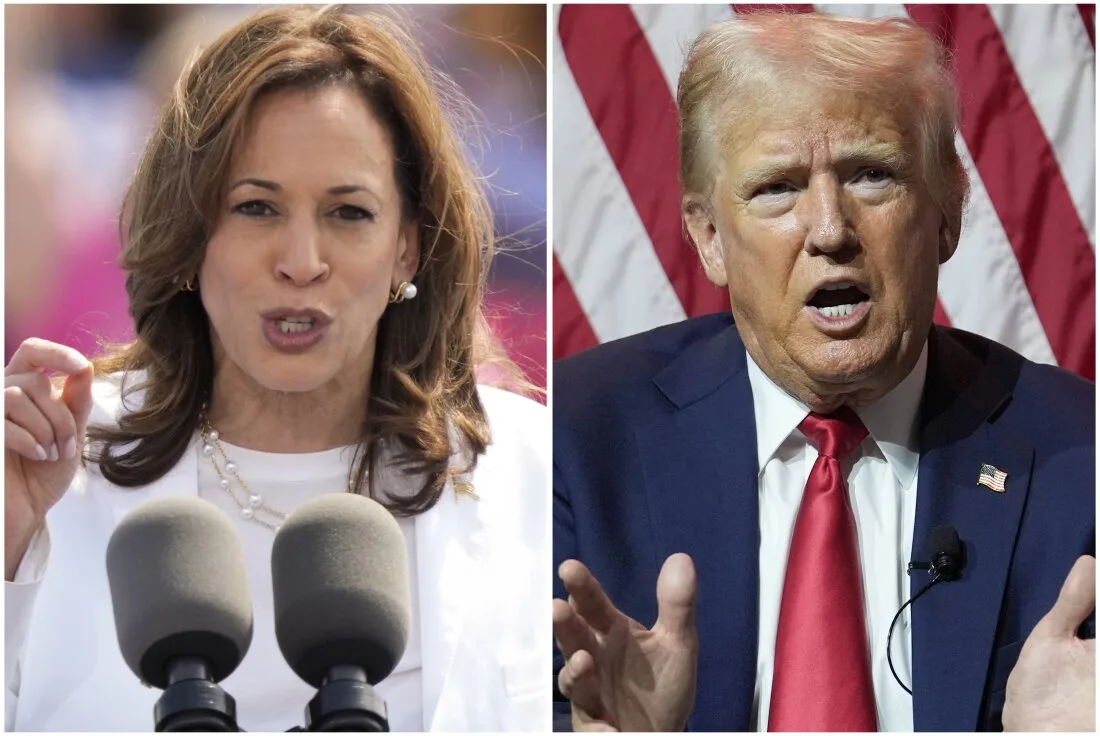Former President Donald Trump has recently stated that the world is ‘free-riding’ on U.S. health spending, citing concerns over the financial burdens placed on American taxpayers. In a discussion surrounding global drug pricing, Trump highlighted the disparity in pharmaceutical costs between the United States and other countries. His comments reflect a broader debate regarding the international drug market and the necessity for U.S. investments in global research and development (R&D).
According to a report from Citeline, pharmaceutical companies argue that U.S. taxpayers bear a substantial portion of the costs associated with drug innovation. A spokesperson from a leading pharmaceutical firm stated, ‘The U.S. carries the financial weight for global R&D, while other countries benefit from lower drug prices.’ This sentiment echoes the ongoing tension between American drug manufacturers and foreign payers, as the pharmaceutical industry calls for reforms to address the issue of ‘free-riding.’
As the healthcare landscape evolves, discussions around these topics are essential. The issue of drug pricing has escalated, with Medicare emphasizing the need to include foreign R&D contributions in the debate. Notably, the Medicare program represents a significant aspect of American healthcare spending, and its implications on pricing strategies for medicines are profound.
Trump additionally pointed out that the U.S. accounts for 50% of global pharmaceutical innovation while representing only 4% of the world’s population. ‘We must ensure that we are not subsidizing healthcare for the rest of the world while our own citizens struggle with high drug prices,’ he remarked, suggesting that legislative measures may be needed to protect American interests in the pharmaceutical sector.
The growing discrepancy between U.S. drug costs and those in other nations has raised questions among policymakers and healthcare advocates, urging discussions about how to ensure fair pricing while supporting innovation. As Trump’s comments draw attention to these critical issues, the conversation surrounding health spending and drug pricing continues to intensify both domestically and internationally.














